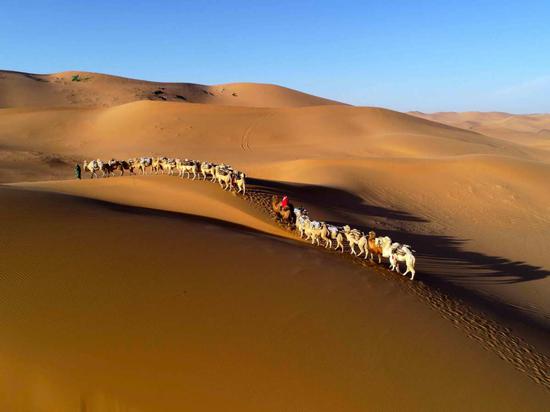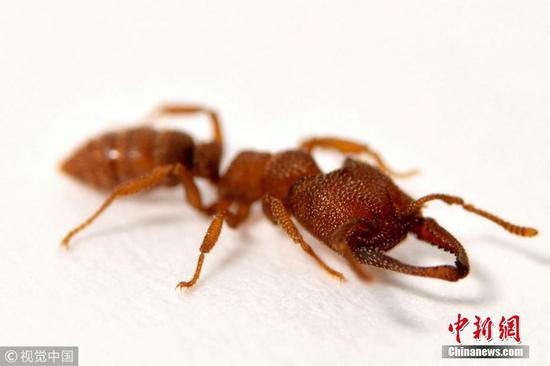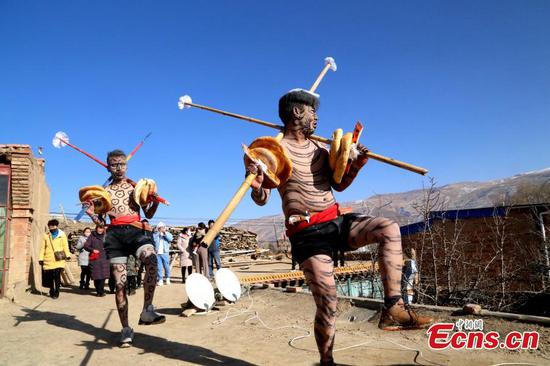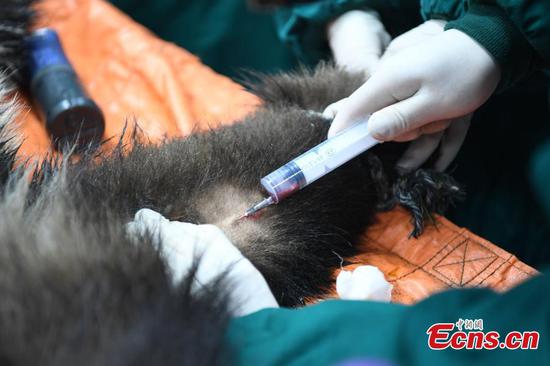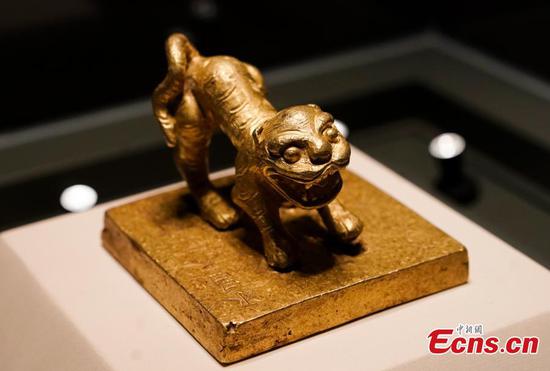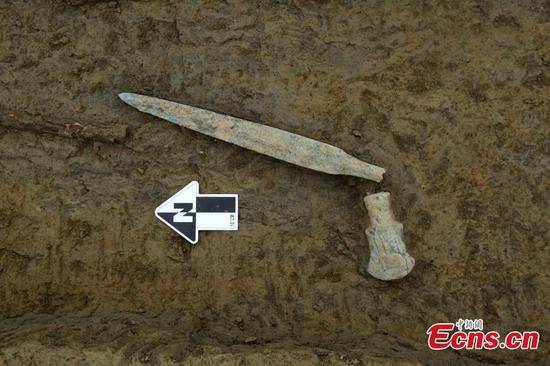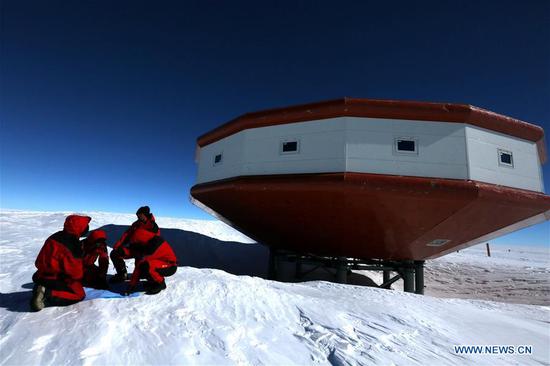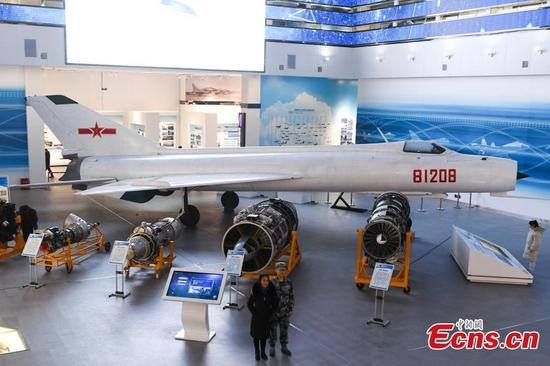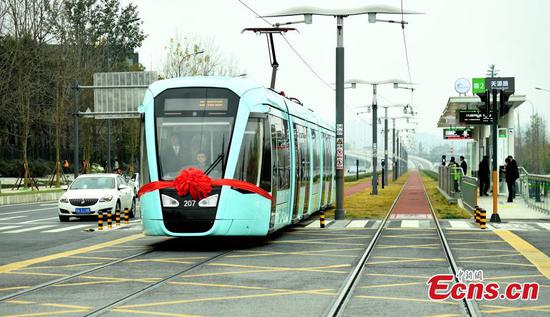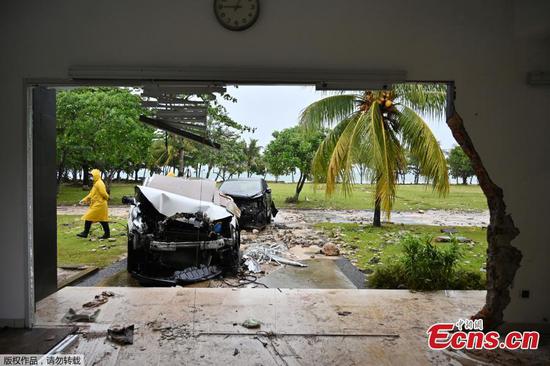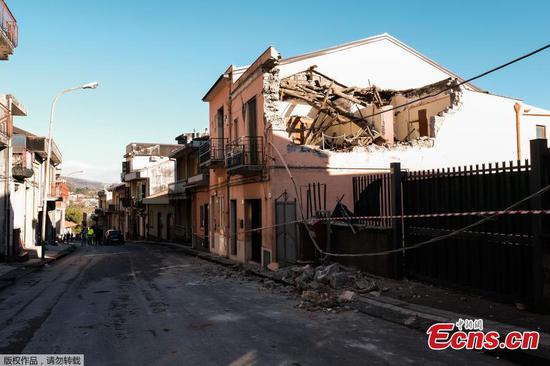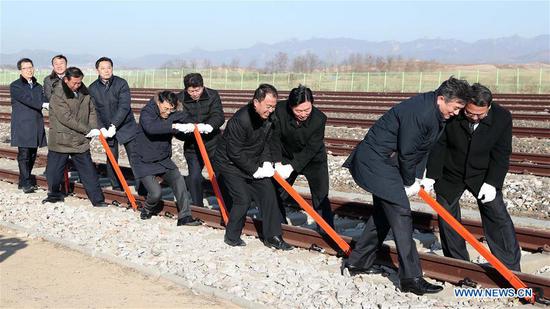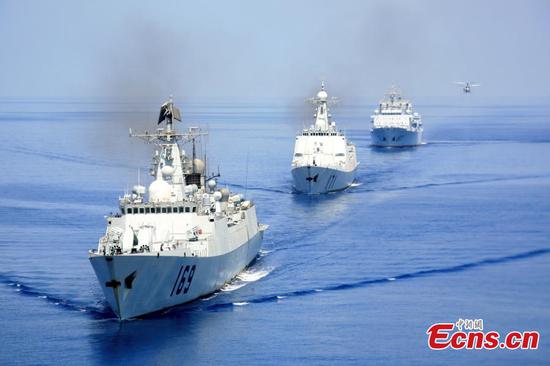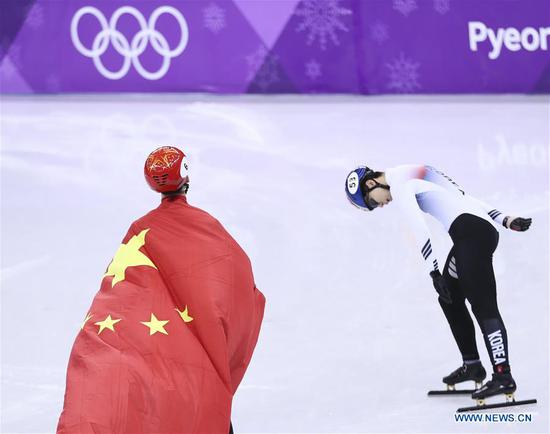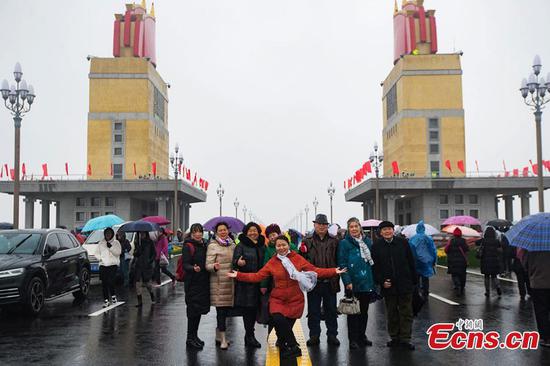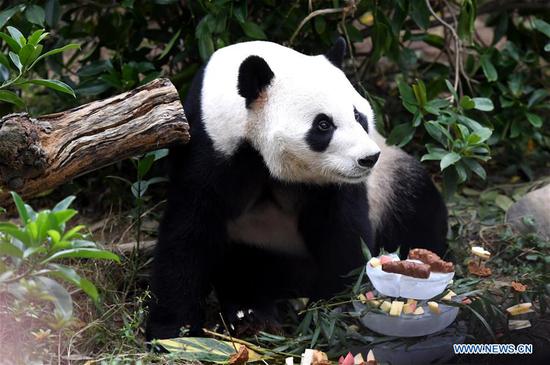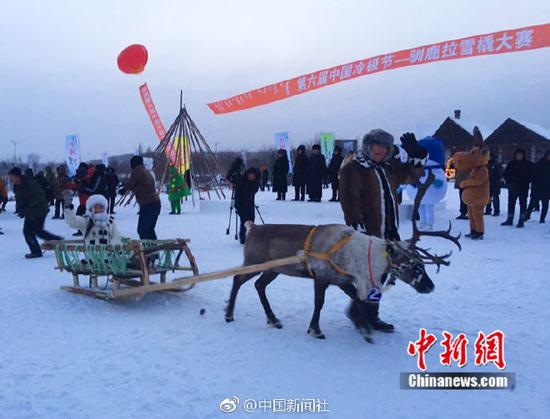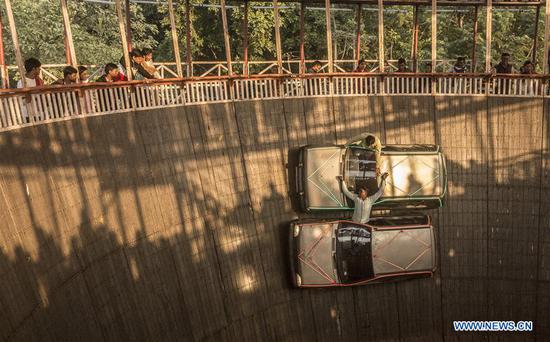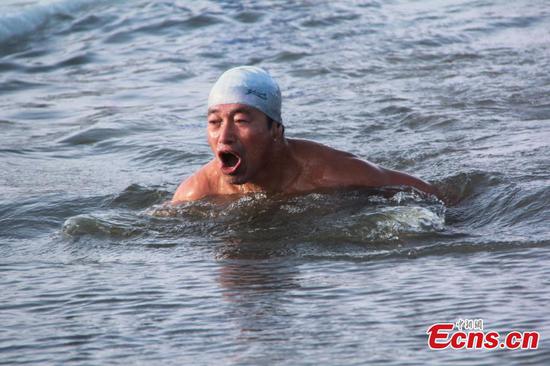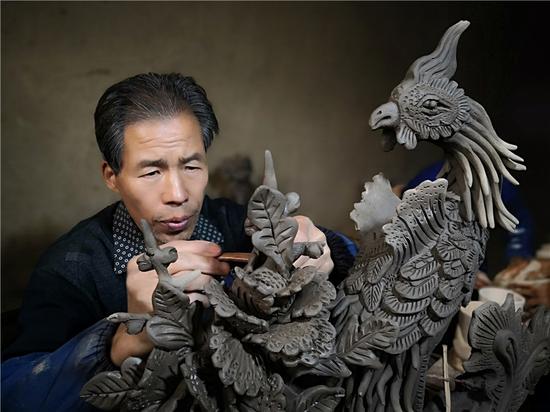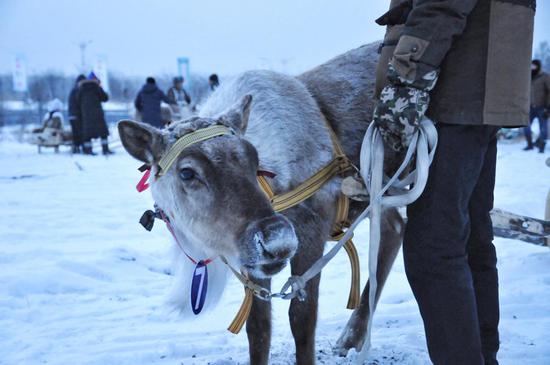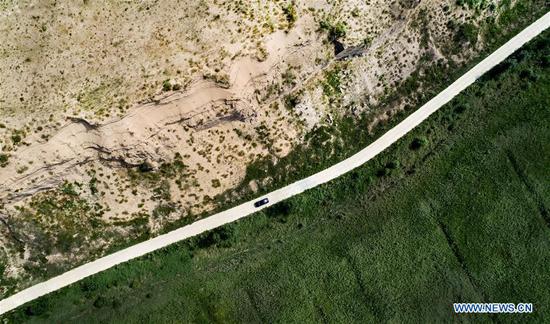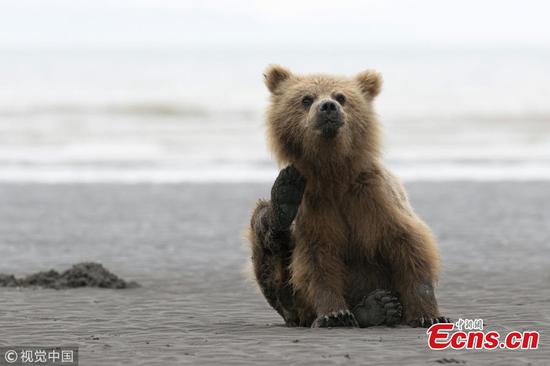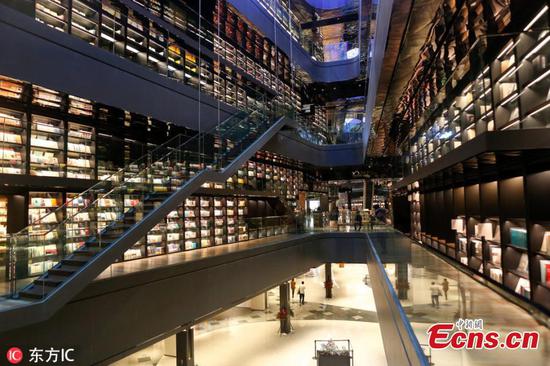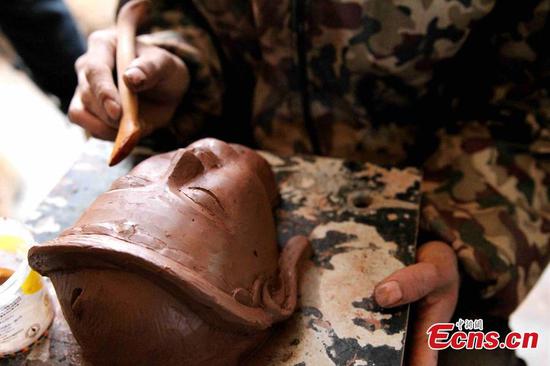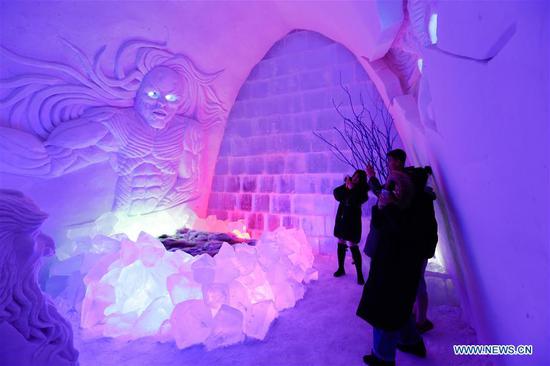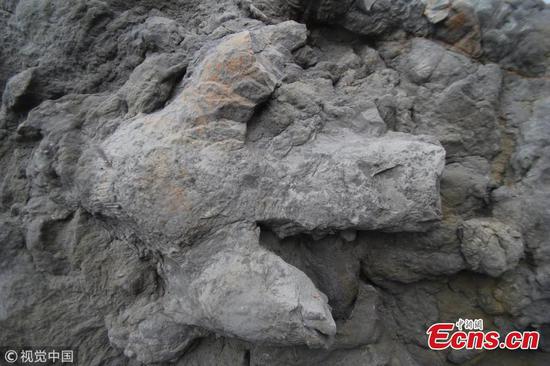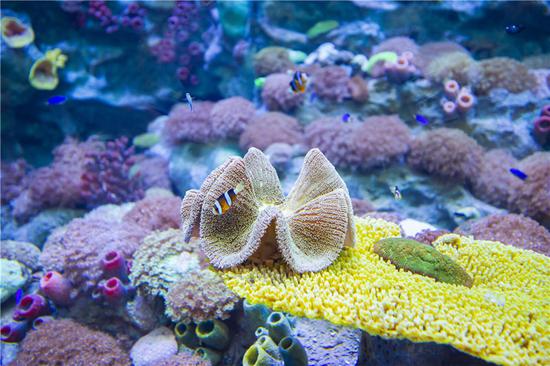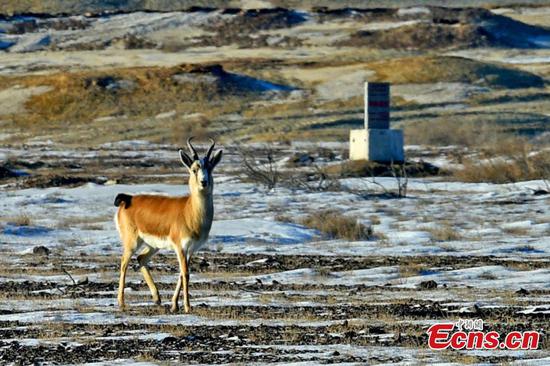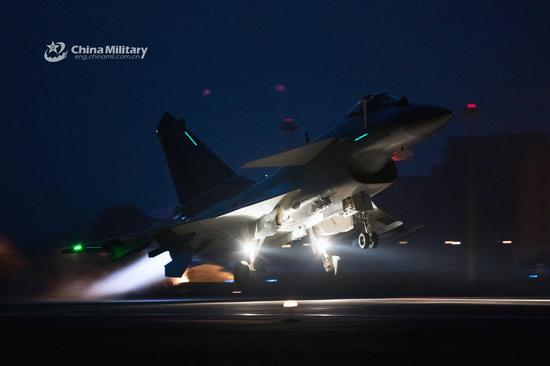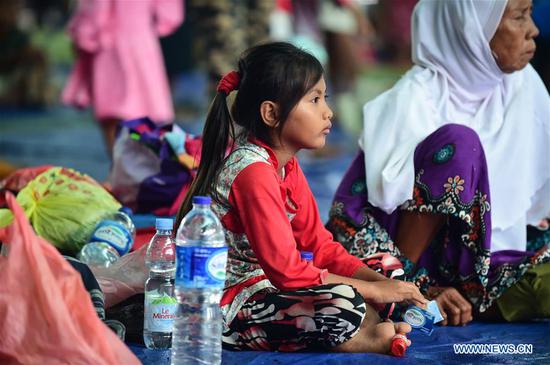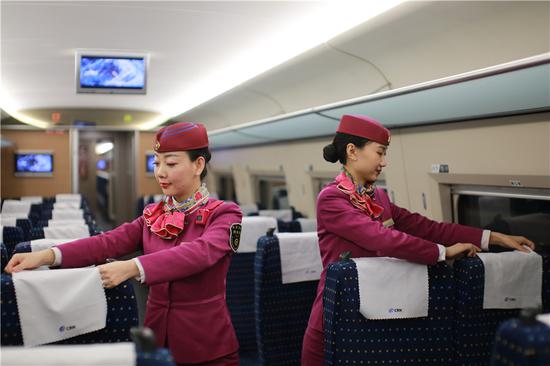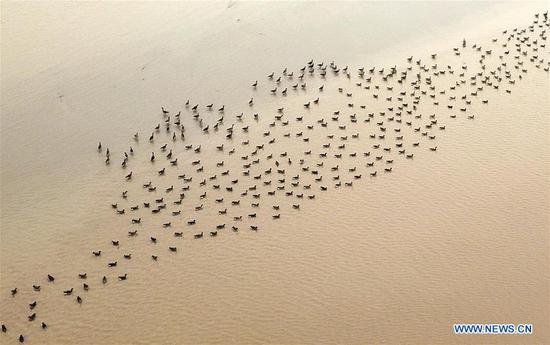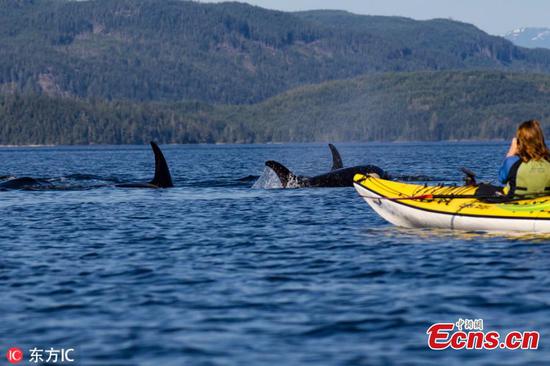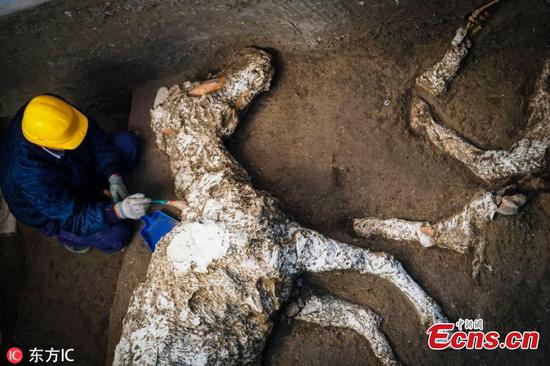Russia has expanded its economic sanctions on Ukraine and vowed to make its economy more competitive globally to cope with the sanctions imposed on it by Western powers.
A decree signed by Russian Prime Minister Dmitry Medvedev this week put more than 200 Ukrainian citizens and legal entities, most of them in the energy and defense sectors, under a blacklist first announced at the start of November.
Russia has put a total of 567 individuals and 75 Ukranian companies under its sanctions and frozen any assets they have in Russia, AFP reported.
"This was done to protect the interests of the Russian state, companies and citizens," Medvedev tweeted following his signing of the decree.
On Nov. 1, Russia published the initial blacklist, targeting Ukrainian President Petro Poroshenko's son Olexiy, Ukrainian Parliament Speaker Andriy Parubiy, key ministers and important businessmen.
The sanctions, ordered by Russian President Vladimir Putin in October, include freezing noncash funds, uncertified securities and property controlled by the blacklisted in Russia and banning their withdrawal of capital from the country.
Relations between Moscow and Kiev have deteriorated since 2014 when Crimea was incorporated into Russia in March following a local referendum. Ukraine said the peninsula was annexed.
Putin urged his country on Wednesday to improve the competitiveness of its economy to cope with the sanctions imposed on it by the Western countries.
"Supporting Russian businesses and expanding their opportunities is a major priority that has special relevance today as Russian companies face certain external restrictions," Putin said at an annual meeting with representatives of the Russian business community.
The Russian economy needs an increase in its global competitiveness by accelerating industrial growth, promoting research and development, facilitating localization of production and developing new markets both at home and abroad, he said.
Putin said the government and the businesses can work together to improve labor productivity and upgrade production facilities with better technologies while protecting the environment.
Meanwhile, Russia will make efforts to strengthen trade, technology and investment ties and cooperation with its foreign partners, as well as continue to support its exporters, especially in the non-resource sectors, including high-tech and agricultural fields.
The United States and the European Union have imposed a few rounds of sanctions against Russia, which has led to Russia's countermeasures against these countries including restrictions on food imports and suspension of cooperation in a number of sectors.









